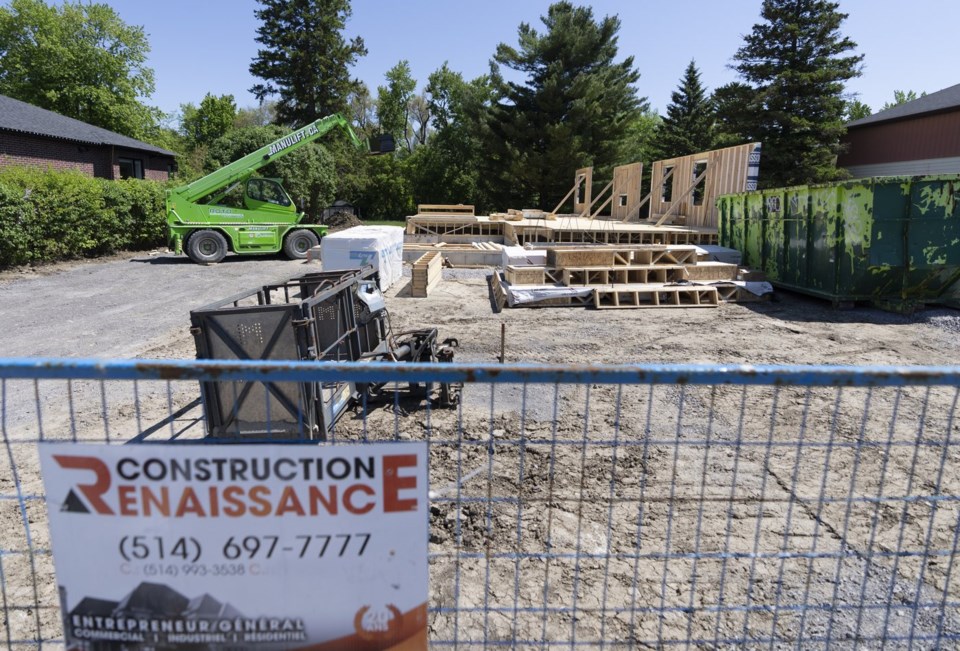MONTREAL — Workers in Quebec's residential construction sector officially began striking on Wednesday after last-minute talks failed to yield a deal.
The strike could impact the construction of thousands of homes, including single family homes and buildings with six floors or less.
The employer, the Association des professionnels de la construction et de l'habitation du Québec, said it made a final offer on Tuesday that included an 18 per cent salary hike over four years.
Union representatives said they were calling for raises of 22 per cent for workers building five- to six-storey buildings and 24.3 per cent for those working on smaller buildings.
Quebec Labour Minister Jean Boulet said the province "can't afford to be patient" at a time when new homes are desperately needed. "Quebecers have a right to access housing," he said.
However, Boulet said he wasn't looking at tabling back-to-work legislation for the moment.
"I expect it to last as short a time as possible, for the good of everyone," said Boulet, who reiterated his offer of an arbitrator to resolve the dispute.
Housing Minister France-Élaine Duranceau said a strike was the "last thing we need right now, for affordability and for time."
The workers are represented by an alliance of five different construction sector unions.
Together they represent about 200,000 workers, but not all of them work in the residential sector. The other sectors, which include industrial and commercial, have all reached deals for new collective agreements.
Those groups secured raises of 22 per cent over four years, including eight per cent for 2025, five per cent for 2026 and 2027 and four per cent for 2028.
On Wednesday, union spokesman Alexandre Ricard said the offer on the table was "unacceptable," and pointed out that salaries in residential construction are already generally lower than in other sectors.
Ricard said the union is ready to negotiate, under the principles of "equal work for equal pay" for residential workers vis-a-vis their counterparts in other sectors.
The employer's group criticized the decision to strike, but said it was also willing to continue negotiations, as long as the talks respect households' ability to pay.
The group also said it would be open to arbitration to resolve the dispute, but the union refused. In Quebec, both sides have to agree to arbitration.
Ricard said he hoped both sides could still negotiate a deal. "Having conditions imposed on us by arbitration is inconceivable for us," he said.
This report by The Canadian Press was first published May 28, 2025.
Lia Lévesque, The Canadian Press




